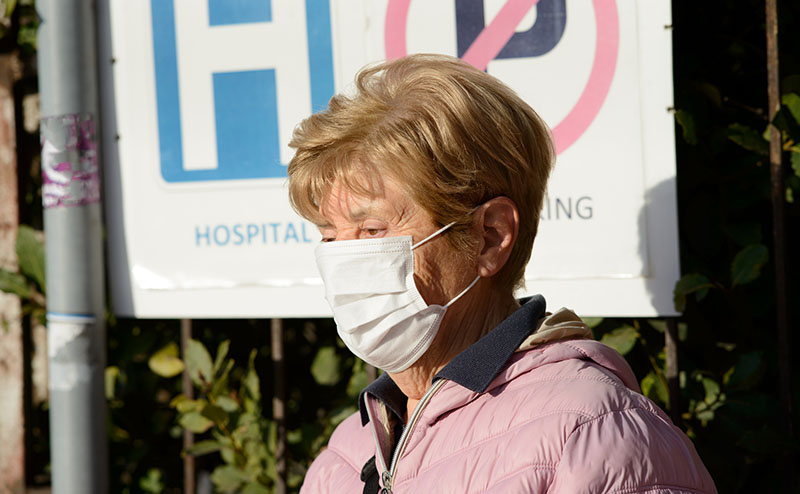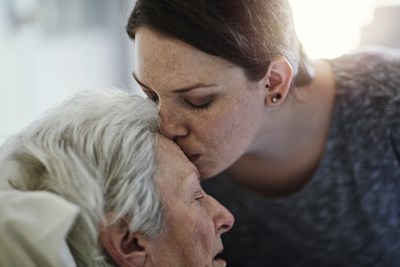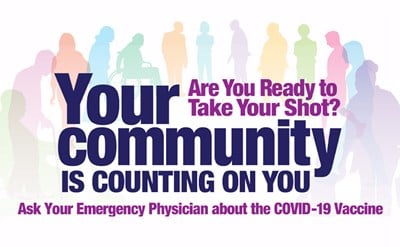Emergency departments around the country are taking steps to keep everyone as safe as possible during this pandemic. If you, a family member or loved one visit an accredited geriatric emergency department you might notice some of the changes made to prioritize your safety:
More proactive communication. Emergency physicians encourage outreach to older friends and family to make sure they know how and when to seek care. In many communities, emergency care has been restructured to provide medical needs as close to home as possible. And, emergency departments are instituting processes that are safe and senior-friendly.
Increasing use of telehealth. Geriatric emergency departments are taking steps to limit physical contact between patients, care teams and visitors. For example, some emergency departments provide iPads at the bedside so that loved ones can visit with patients remotely.
Many emergency departments are using “forward triage,” evaluating or treating patients before they enter the emergency department. Technology enables emergency physicians to care for older patients at home, in external tents or the hospital parking lot, and/or in collaboration with Emergency Medical Services (EMS) or skilled nursing facilities. When emergency physician-led EMS teams use telehealth, they can better share information that expedites emergency transportation or in some cases provide pre-hospital care so that transport to the ED is not necessary.
Wait times may decrease with the use of telehealth and forward triage but having to wait is always a possibility. From the physicians to the staff, emergency departments are committed to providing care in a safe and clean space with adequate distancing between people waiting to be evaluated.
Caregiver access. Many hospitals are distinguishing between visitors, who may have restrictions, and caregivers. In some facilities, one healthy caregiver can visit, with a mask, so that the patient is not alone. This exception can be critically important for older patients with cognitive impairment.
Safe transitions home. Best practices in care transitions for older adults from the ED to outpatient settings involve collaboration with social workers, home health agencies, physical therapists, or pharmacies to create a safe transition home from the emergency department.
 American College of Emergency Physicians
American College of Emergency Physicians







